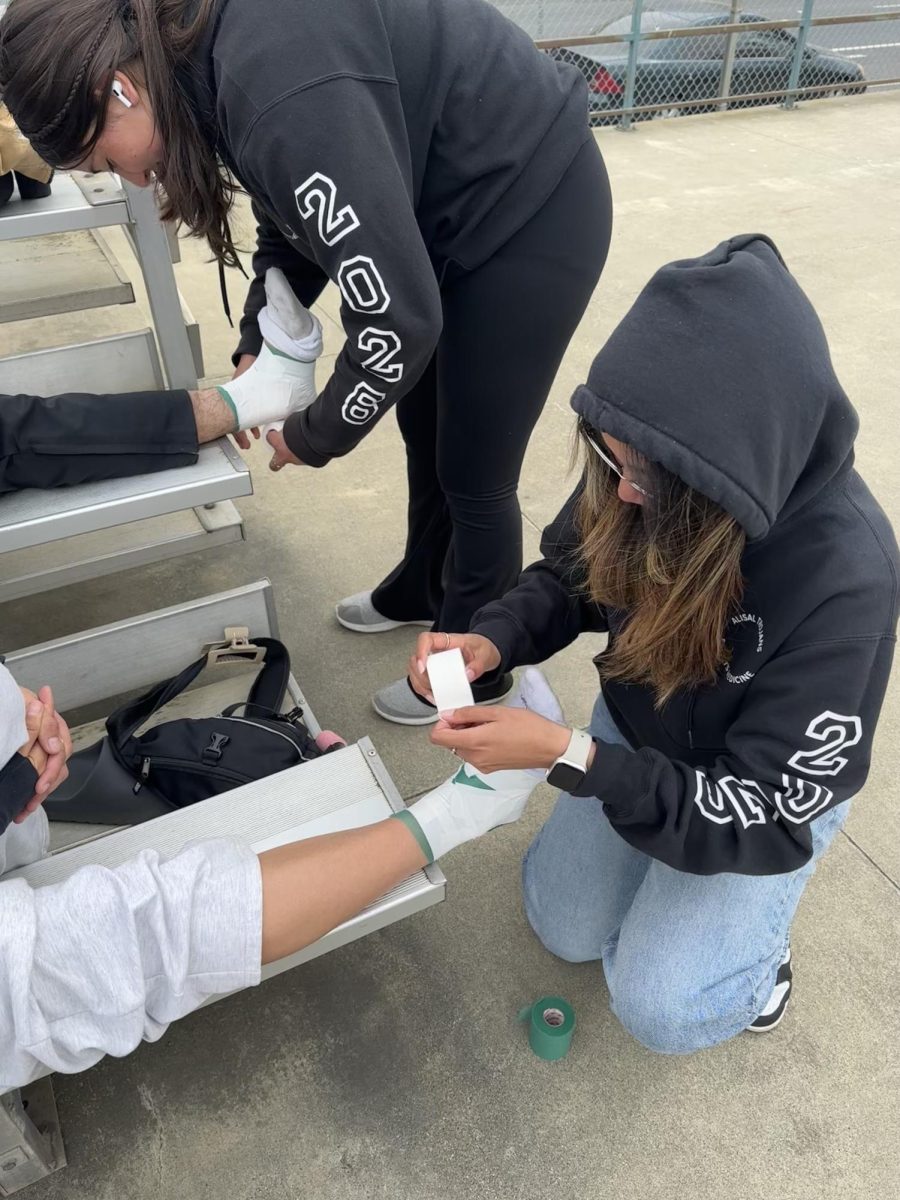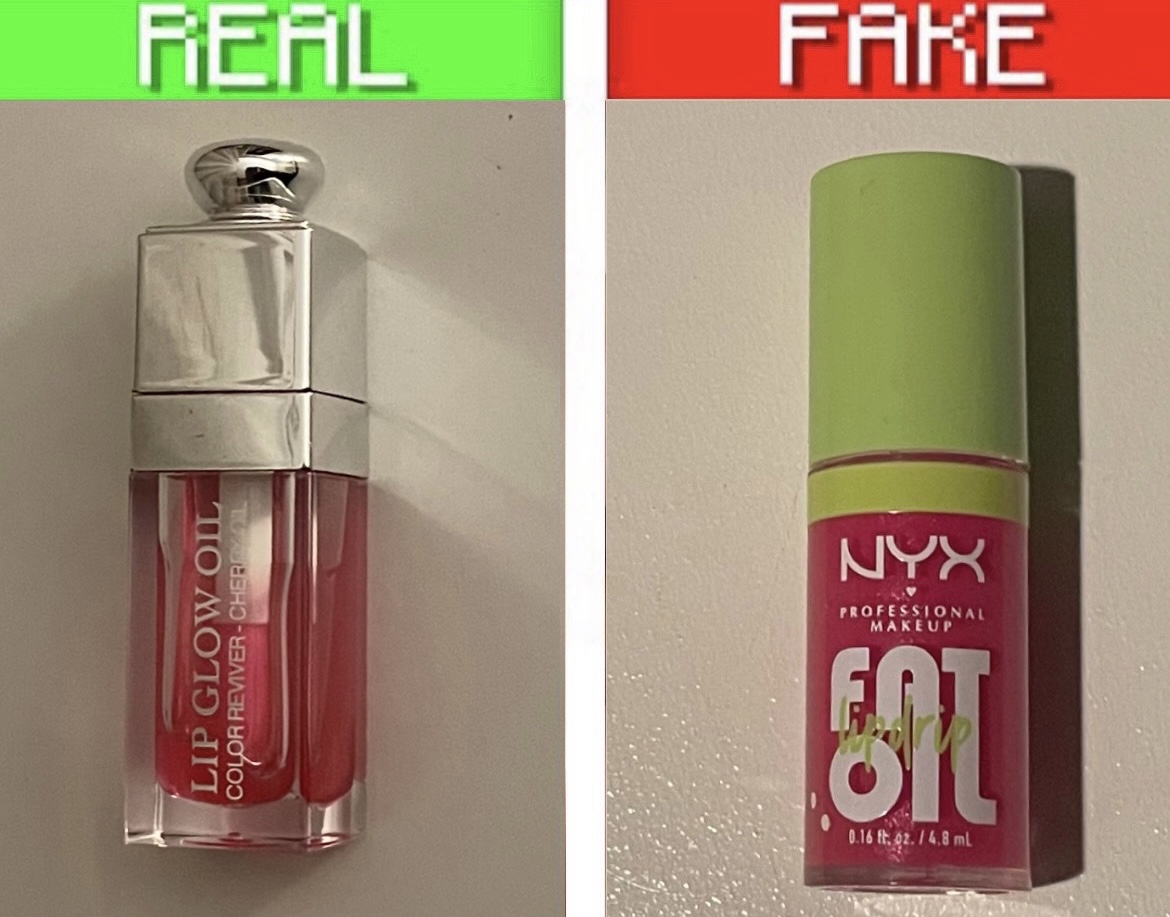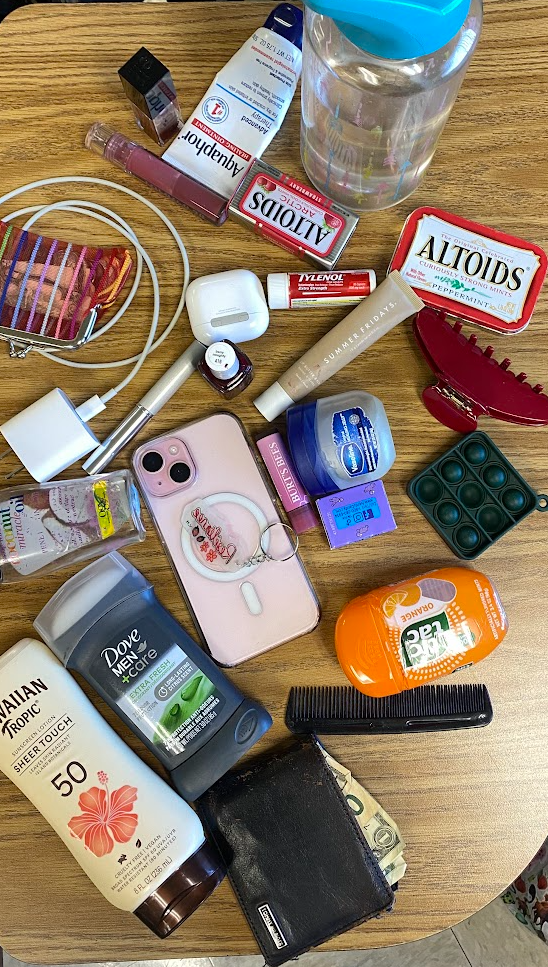Dupes and off-brand items were once considered tacky, chuegy, and even trashy. Now that fraud and plagiarism have become popular, dupes have been able to conjure the means to transform themselves to be all the rage.
With sites such as Temu and Shein gaining traction where at the click of a button, hundreds of dollars are spent on cheap, low-quality, often knock-off clothing, the validity of whether cheaper is better is seriously put into question.
In a digital age where purchases and money are nothing more than numbers on a screen, the popularity of spending money that isn’t yours has grown since shopping has become virtual. With companies such as Amazon and Target delivering your items in a matter of a day or even hours, one question still remains: is consumerism consuming us all?
To answer this question, we must take into account how easily it has become to buy virtually anything off the internet. From pants to decor plants, with our modern-day catalog, consumerism has been on the rise, even going as far as being able to buy a whole couch and have it shipped to your home from anywhere in the world with just a click of a button.
With consumerism in mind, dupe culture has risen due to platforms such as TikTok, Youtube, and even the beloved Pinterest giving the term “dupe” its often double-edged meaning. When referring to a dupe, one most likely refers to a duplicate item of something much more expensive. In today’s world, dupe is often seen with a semi-negative connotation, often meaning an item that is defrauding another, more original, item. Whether that be clothes, makeup, or even household products. “Why does this matter?” some may ask, but they fail to take in consideration how morally wrong it is to make a carbon copy of an original item and then purchase it. With a resurgence of dupes, anything and everything has a dupe.
Alongside dupes and fraud comes the death of originality, both in concept and in quality.
Dupes have gained traction primarily due to their insanely low prices when it comes to comparing it to the real thing but to put it sincerely, you get what you pay for. Quality is often disregarded for the sake of saving a few bucks when in reality, those couple of bucks could have bought you something that is made to last, whereas dupes aren’t made with the intention of functioning for long periods of time. When you finish or break a dupe, you’ll often need to buy another one, and when that replacement needs to be replaced, a cycle of continuous waste is created in which polluting the planet is not a dream but a reality. To what extent will dupes be stopped? In today’s world, just about anybody can create a dupe for anything out there in the market, leading to the abandonment of the incentive to even release any new products when you consider the very real possibility of it being duplicated within weeks, some even days.
Published to the Atlantic, author Amanda Mulls reaffirms this pattern of how dupes are often short-lived, as it is just seen as “more consumption” and more often than not, it is “wielded to trick people” into wasting their hard-earned money “in ways that are unnecessary or unsatisfying.” With support from other authors who share the same view, it is possible to conclude that by giving in and buying dupes for any product imaginable, sales and support are being received to major corporations looking to make a quick profit. These same corporations who are benefitting off of the success and originality of another artist who spent weeks, months, or even years working on a product only for it to be duped and surpass the popularity of the original.
I spoke to my two sources surrounding this controversial topic. “There was some [shirts] that felt like they were see-through and others felt tight,” Areli Samano, former Shien buyer said. “You’re definitely paying for the price, ‘cuz it’s cheap, the material is honestly not the best [and] I wouldn’t recommend buying.” Areli bought eight shirts and spent in total, thirty dollars. She noticed that the box came smelling weird, permeating the clothes.
Senior Emily Bobadilla-Diaz weighed in on the topic, being a Temu shopper as well. “I got a lip stain, a palette with nose contour or something like that, and it had like two shades of brown. It was lowkey good.” When asked about the quality or the smell, she noted that the quality felt rather cheap.
It is obviously understandable to not be able to afford the price of the real thing, whether that be clothing, makeup, or even essentials such as a brush or a comb. If this is the case, it is important that one must find an alternative, not just buying a straight copy of the item you’re looking to purchase. Finding alternate items that perhaps mimic the same effect of an item you seek is smart shopping, but steering clear of supporting a source that directly imitates an original item is the key to supporting original creators. If there is anything to take away from the surge of dupe culture, it is to become aware that what you buy matters. In particular, it is important to consider not just the price point of an item you wish to buy, but consider the quality and the source you would be potentially purchasing it from and understand the risks involved.




























